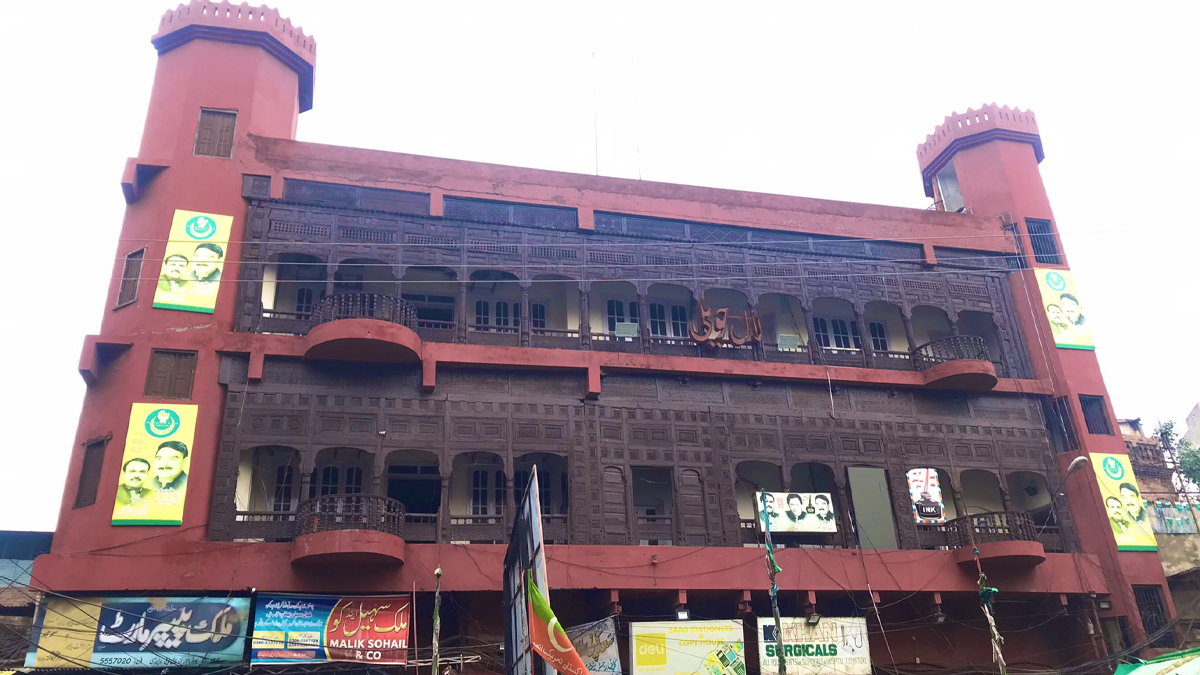
etpb seals sheikh rashid’s lal haveli residence
In a recent development the Evacuee Trust Property Board (ETPB) has sealed the iconic Lal Haveli residence of Awami Muslim League (AML) chief, Sheikh Rashid Ahmed, in Rawalpindi. This move comes after the ETPB declared the documents provided by Sheikh Rashid as invalid, leading to the decision to vacate Lal Haveli. Which was issued by the ETPB chairman.
The operation to seal the residence was carried out in the early hours of the morning. With the FIA and police contingent in attendance. The decision has raised eyebrows because Lal Haveli’s ownership has been a matter of contention. According to Sheikh Rashid Shafiq, the nephew of the APML chief, Lal Haveli was registered in the name of Sheikh Siddique in 1988 and all relevant property records had been submitted to the deputy commissioner in Rawalpindi.
Sheikh Rashid Shafiq also mentioned that they had already submitted their response in the Lahore High Court Rawalpindi Bench. In response to the sealing of their property he announced their intention to approach the high court to challenge the ETPB’s action.
This situation is similar to what happened before with the ETPB and Lal Haveli. Earlier this year, the ETPB locked up the property, but the Lahore High Court Rawalpindi Bench quickly said it should be opened again. During that time, Sheikh Rashid accused the ETPB people of doing things they shouldn’t and said they were listening to politicians.
Read More: Pakistan Responds to Canada’s Claim about India’s Role in Sikh Leader’s Killing
This incident happened shortly after Sheikh Rashid’s arrest in Rawalpindi. During which his counsel claimed that he was taken into custody by plainclothes individuals from a housing society. The lawyer further noted that no case had been registered against the AML chief in Punjab and he was nominated in a case related to a protest rally organized by the PTI against the detention of Imran Khan the Ex prime minister.
Read More: JI calls for a complete shutdown of Karachi over fuel prices
The locking of Lal Haveli and the fights in court over who owns it show that property arguments in Pakistan’s politics can be very controversial.



